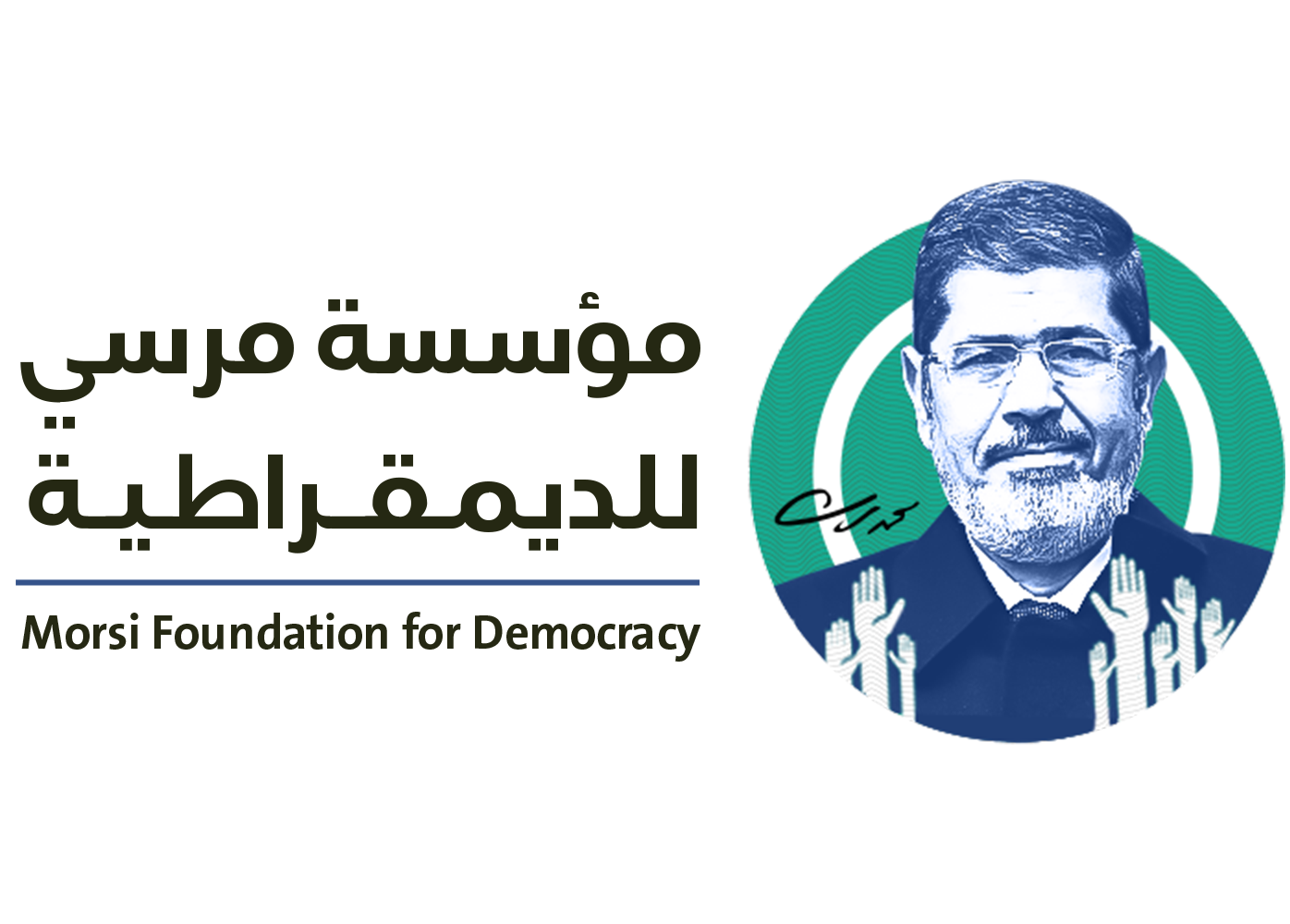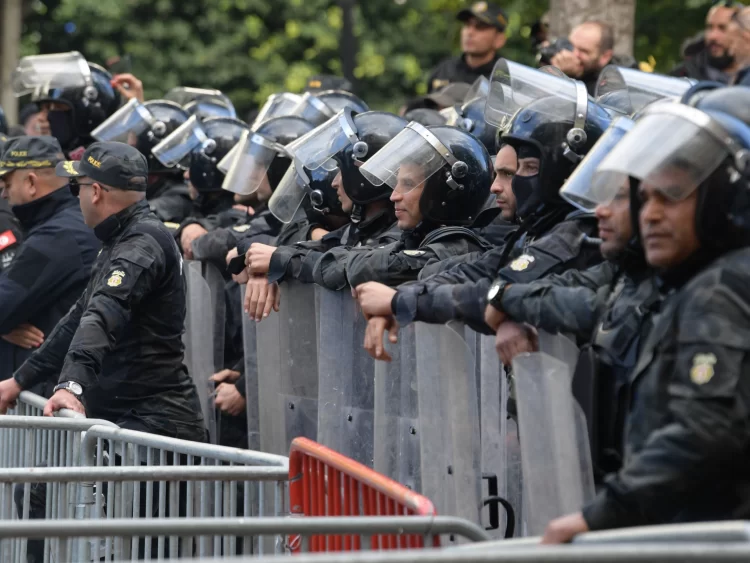Tunisia’s police arrested an official of the country’s largest trade union, as Kais Saied faces mounting pressure over his economic policies and widens his crackdown.
Abdel Nasser Ben Amara, the general secretary for culture at the Tunisian General Labor Union (known by its French acronym, UGTT), was detained on Wednesday on suspicion of insulting a minister. His detention comes days after a protest organized by the union in front of the Ministry of Culture, according to the official.
Ben Amara is the second union official to be detained recently amid a growing dispute between the UGTT and Saied. In late January, the secretary-general of the union’s highway branch was arrested after organizing a strike by tollbooth operators to protest austerity measures sought by the International Monetary Fund (IMF) for a bailout loan. More than 20 political figures have been arrested in the North African country in recent weeks.
Tunisia has been embroiled in political turbulence since Saied’s power grab in 2021 and subsequent measures, which are seen as eroding the remaining pillars of the country’s post-Arab Spring democracy.
The UGTT had initially avoided criticizing Saied, but this changed in recent months after the crackdown against the president’s critics and opponents intensified.
Human Rights Watch reported in February that at least 12 people, including politicians, judges and journalists whom Saied labeled as “terrorists” and “traitors,” had been arrested in recent weeks.
The president has repeatedly argued that his measures were part of a plan to stop those seeking to create social chaos in the country.
Authorities had also been targeting the moderate Islamist Ennahda movement, which enjoyed a majority in parliament for more than a decade before it was dissolved in July 2021. On Wednesday, Ennahda said in a statement that its spokesman was detained by a national guard unit, denouncing the “campaign of arbitrary arrests.”
Last month, head of Ennahda and former speaker of the now-dissolved parliament Rached Ghannouchi appeared in court on terrorism-related charges.
The deepening crisis comes after parliamentary elections were held in January, after a new and controversial constitution was approved last summer in a much-criticized referendum granting the president greater powers. The elections saw a mere 11% voter turnout amid large boycotts. On Monday, the new parliament held its first session. Several parties, including the National Salvation Front, said they would not recognize it.



